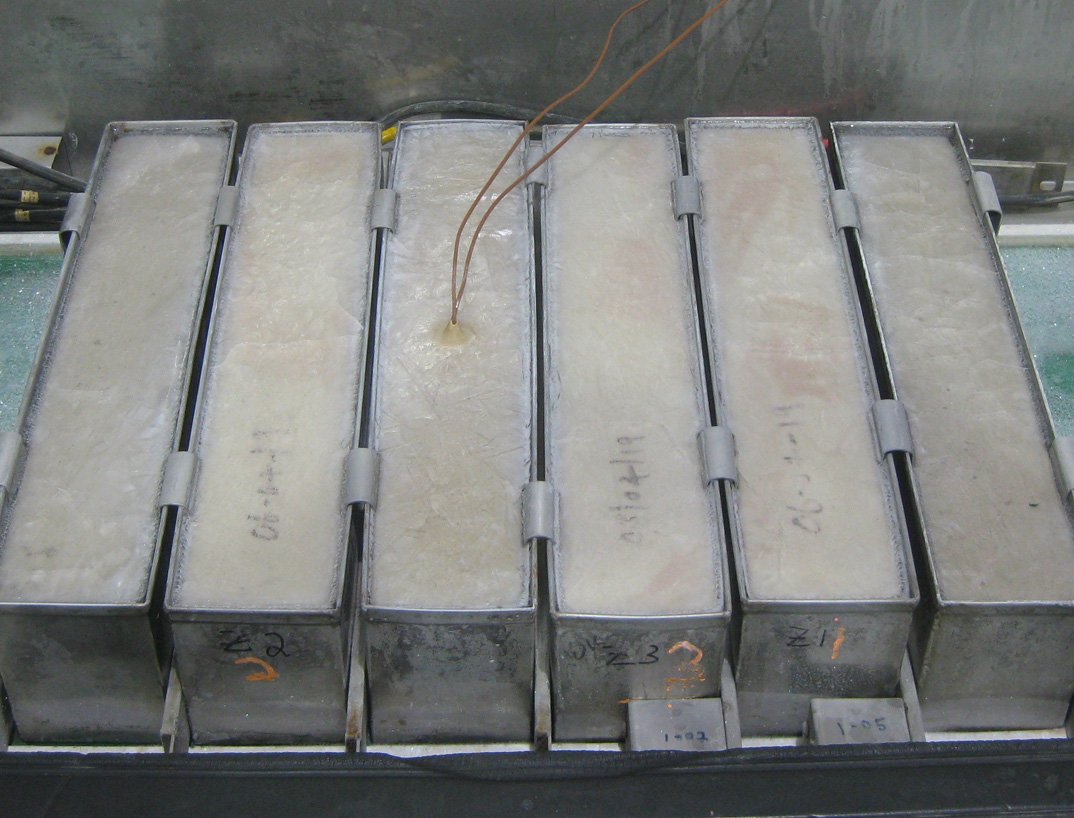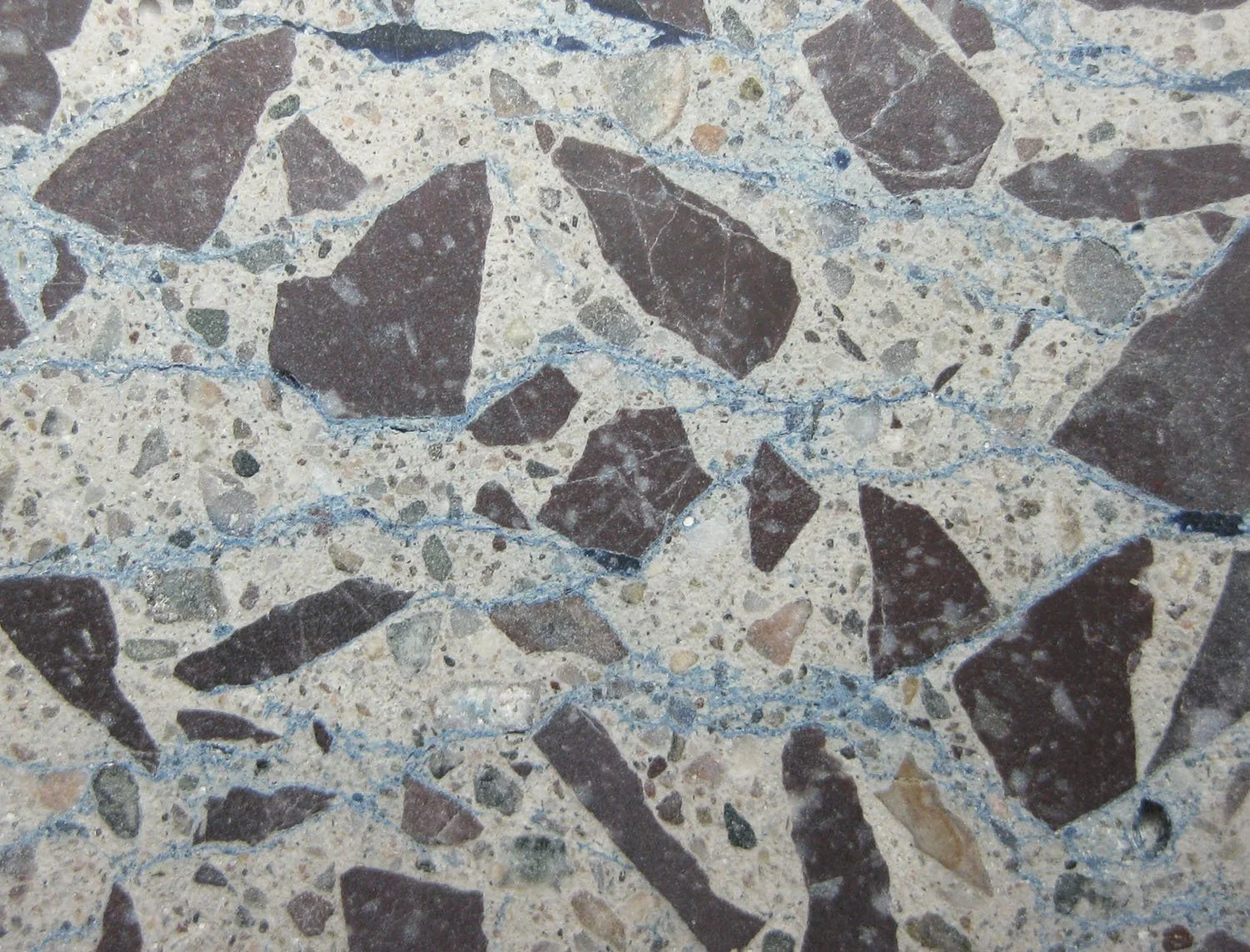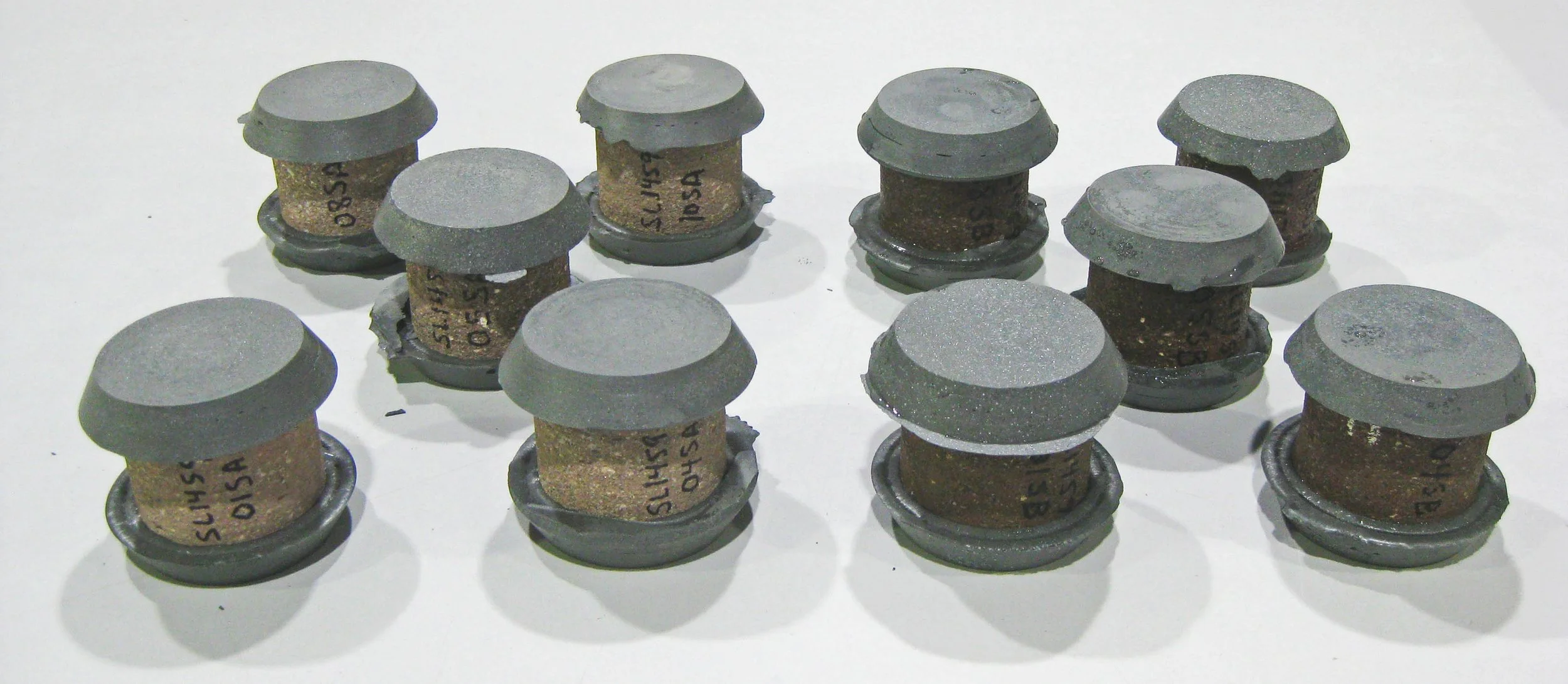Cast Stone
Whether ensuring the quality of newly manufactured units or understanding the composition and performance of existing cast stone, Highbridge can provide the testing needed to satisfy your project scope.
-
Production Testing
For manufacturers and designers looking to evaluate the quality of their cast stone, Highbridge offers testing to assess basic compliance with ASTM C1364. We can provide all of the required tests - including strength, absorption, and freeze-thaw resistance. Not only is this compliance testing useful for new construction, but also for existing structures where cast stone is increasingly used as a replacement for other building materials. In these situations, it becomes imperative to confirm basic material properties so that specifiers can feel confident that the product is suitable for their application.

-
Historical Cast Stone
Architectural cast stone is unique in that it is both masonry material and concrete, and it suffers from deterioration mechanisms that are common to both. We use petrography to identify intrinsic material issues due to unstable constituents or deficient production quality and to evaluate environmental effects like water infiltration or freeze-thaw distress. We offer mechanical and permeability testing to assess performance characteristics. Using petrography and chemistry, we can determine the original mix design to help our clients specify historically accurate replacement masonry.

-
Reactive Aggregate Studies
As a decorative product, cast stone taps a wider range of aggregates than conventional concrete. The prevalence of reactive stone continues to be a source of premature cracking and long-term decay. At Highbridge, we use petrography to identify alkali-silica reaction and assess its magnitude. Petrography is also one tool to help predict reactivity in new aggregate sources or recently installed products. Accelerated expansion tests in our physical properties laboratory can help confirm and quantify reactivity.

Test Methods for Cast Stone
Highbridge performs many tests in accordance with standard test methods but also constructs protocols for property characterization and durability evaluations using proprietary methods.
Cast Stone Test Methods:
ASTM C40 Standard Test Method for Organic Impurities in Fine Aggregates for Concrete
ASTM C227 Standard Test Method for Potential Alkali Reactivity of Cement-Aggregate Combinations (Mortar-Bar Method)
ASTM C457 Standard Test Method for Microscopical Determination of Parameters of the Air-Void System in Hardened Concrete
ASTM C642 Standard Test Method for Density, Absorption, and Voids in Hardened Concrete
ASTM C666 Standard Test Method for Resistance of Concrete to Rapid Freezing and Thawing
ASTM C856 Standard Practice for Petrographic Examination of Hardened Concrete
ASTM C1152 Standard Test Method for Acid-Soluble Chloride in Mortar and Concrete
ASTM C1194 Standard Test Method for Compressive Strength of Architectural Cast Stone
ASTM C1195 Standard Test Method for Absorption of Architectural Cast Stone
ASTM C1218 Standard Test Method for Water-Soluble Chloride in Mortar and Concrete
ASTM C1260 Standard Test Method for Potential Alkali Reactivity of Aggregates (Mortar-Bar Method)
ASTM C1293 Standard Test Method for Determination of Length Change of Concrete Due to Alkali-Silica Reaction
ASTM C1498 Standard Test Method for Hygroscopic Sorption Isotherms of Building Materials (reference water content)
ASTM C1567 Standard Test Method for Determining the Potential Alkali-Silica Reactivity of Combinations of Cementitious Materials and Aggregate (Accelerated Mortar-Bar Method)
ASTM C1794 Standard Test Methods for Determination of the Water Absorption Coefficient by Partial Immersion
ASTM E96 Standard Test Methods for Water Vapor Transmission of Materials
ISO 12572 Hygrothermal performance of building materials and products — Determination of water vapour transmission properties — Cup method
DIN EN 12087 Determination of long term water absorption by immersion (free water saturation)
Proprietary Instrumental Analysis:
Highbridge partners with trusted institutions and commercial providers to offer research-grade instrumental analysis.
X-Ray diffraction analysis of water-soluble salts extracted from masonry
Scanning electron microscopy and energy-dispersive x-ray spectroscopy
Thermogravimetric analysis for identification or quantification of volatile constituents
Fourier transform infrared spectroscopy of organic constituents
Pyrolysis - Gas chromatography / mass spectroscopy for organic components
Transient plane source for thermal conductivity and heat capacity
Cast Stone Specifications:
ASTM C1364 Standard Specification for Architectural Cast Stone



